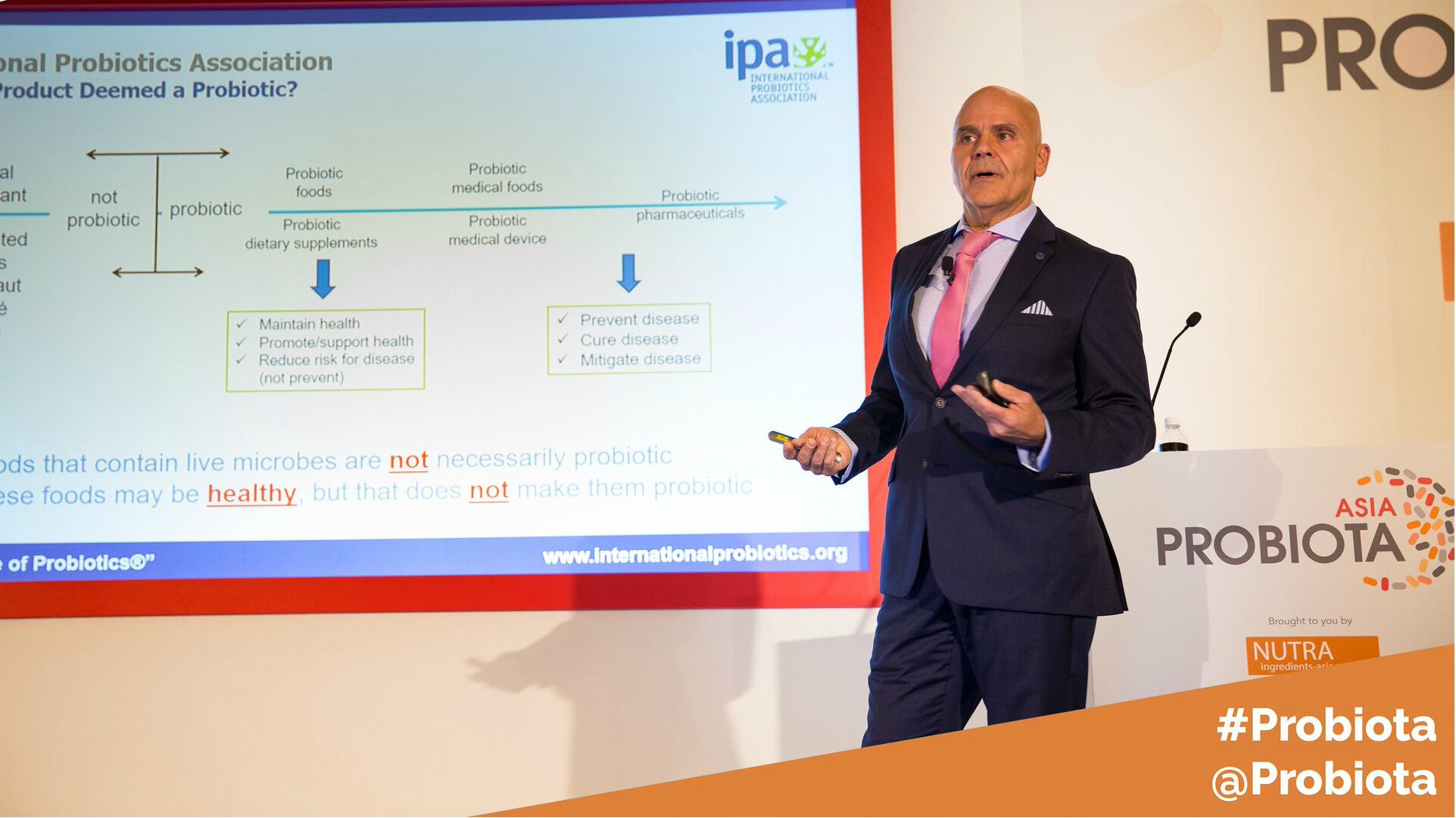Live probiotic bacteria ingested through food intake are thought to be able to minimise intestinal colonisation by pathogens, thereby lowering the body’s susceptibility to infection.
One such bacteria is B. subtilis, which is often found in vegetables and probiotic digestive supplements. It is said to be effective against S. aureus, a type of bacteria that can cause severe antibiotic-resistant infections.
Despite this, the underlying mechanisms behind its effects against S. aureus are still unclear.
Colonisation and exclusion
Based on this, researchers from the National Institutes of Health in the US, as well as Thailand's Mahidol University and Rajamangala University of Technology, conducted a study on a rural Thai population to assess the effects of B. subtilis against S. aureus colonisation.
They recruited 200 healthy individuals, all from rural areas in Thailand so they could rule out the food sterilisation and antibiotic usage common in most urban areas, which could potentially reduce the abundance of probiotic bacteria in the participants’ food and intestinal tracts.
They then collected faecal samples from all the participants for analysis, and reported that 101 samples tested positive for Bacillus — primarily B. subtilis,
At the same time, 12.5% of them were carrying S. aureus in their intestines.
Interestingly, the presence of Bacillus bacteria was correlated with the absence of S. aureus in the faecal samples.
The researchers added, however, that the results showed "no substantial high-order taxonomic differences in the microbiome composition between S. aureus carriers and non-carriers", leading them to hypothesise that the Bacillus isolates produced a substance that "directly and specifically" impeded intestinal colonisation by S. aureus.
Mediation in the mouse microbiome
The researchers then conducted a mouse study with similar primary outcomes, and discovered that in order for S. aureus to successfully grow in the mice's guts, a functioning sensing system was required.
They found that all the 100-plus Bacillus isolates they had retained from the faecal samples obtained in the human study effectively inhibited that system.
Discoveries to aid in decolonisation?
The researchers stated that the current study provided evidence for a molecular mechanism through which probiotic bacteria in food could directly inhibit pathogenic colonisation, proving in particular the probiotic value of B. subtilis.
In conclusion, they wrote: "Our study suggests several valuable translational applications regarding alternative strategies to combat antibiotic-resistant S. aureus.
"First, the quorum-quenching fengycins — which previously had been known only for their antifungal activity — could potentially be used as quorum-sensing blockers in eagerly sought antivirulence-based efforts to treat staphylococcal infections.
"Second, Bacillus-containing probiotics could be used for simple and safe S. aureus decolonisation strategies. In that regard, it is particularly noteworthy that our human data indicate that probiotic Bacillus can comprehensively eradicate intestinal as well as nasal S. aureus colonisation.
"Such a probiotic approach would have numerous advantages over the present standard topical strategy involving antibiotics, which is aimed exclusively at decolonising the nose.
"Our findings suggest a probiotic-based method for S. aureus decolonisation, and new ways to fight S. aureus infections."
Source: Nature
https://doi.org/10.1038/s41586-018-0616-y
"Pathogen elimination by probiotic Bacillus via signalling interference"
Authors: Pipat Piewngam, et al.


